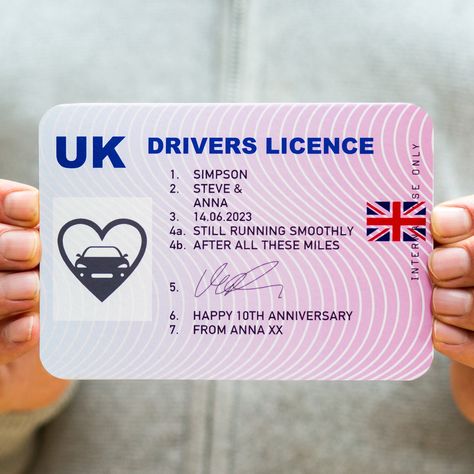Uplift Ban for UK Driving License: A Step Towards Safety and Responsibility

Driving is a privilege that comes with the responsibility to ensure safety on the road for both drivers and pedestrians. In the United Kingdom, this responsibility is upheld through a rigorous licensing process that ensures individuals possess the necessary skills and knowledge to operate a vehicle safely. However, there are instances where drivers may have their licenses suspended or banned due to various reasons, such as reckless driving, driving under the influence of alcohol or drugs, or accumulating excessive penalty points. While a ban on driving may seem like a severe punishment, it serves a crucial purpose in safeguarding the public and encouraging a culture of responsible driving. Nevertheless, there are cases where individuals deserve a second chance after serving their ban. This is where the concept of uplift bans comes into play.
An uplift ban refers to the process of lifting a driving ban before its original expiry date. It enables individuals to regain their driving privileges sooner, provided they meet certain conditions and demonstrate their commitment to responsible driving. The uplift ban allows individuals to rebuild their lives, fulfill their professional obligations, and responsibly contribute to society.
The decision to uplift a ban is not made arbitrarily; it follows a careful review of the individual’s circumstances and behavior during the ban. A thorough assessment is conducted by the relevant authorities, taking into account factors such as the severity of the offense, the duration of the original ban, and the individual’s compliance with any imposed conditions. This ensures that only those who have genuinely reformed and pose no threat to public safety are granted an uplift.
It is worth noting that an uplift ban is not a lenient approach towards reckless drivers. On the contrary, it places an additional level of responsibility on the individual requesting an uplift. They must demonstrate their commitment to safe driving by completing educational courses, attending workshops or counseling sessions, or volunteering for community service related to road safety. These requirements not only serve as educational opportunities but also as a means for individuals to reflect on their past actions and understand the consequences of their behavior.
Moreover, an uplift ban provides an opportunity for individuals to prove that they have learned from their mistakes and are capable of being responsible drivers going forward. It enables them to adopt a more prudent approach to driving, eliminating any reckless behavior that may have previously led to their ban. Through this process, they can rebuild their confidence and demonstrate their dedication to upholding the highest standards of road safety.
The uplift ban system is designed to strike a balance between punishment and rehabilitation. While it acknowledges the gravity of the offense committed, it also recognizes that individuals can change and deserve a second chance upon satisfying the necessary requirements. This approach aligns with the principles of restorative justice, which seeks to repair the harm caused by the offense and reintegrate the offender into society as a law-abiding citizen.
Critics argue that uplifting a ban may send the wrong message and appear lenient to potential offenders. However, it is important to remember that the uplift ban system is not without strict conditions and requirements. It is by no means an easy way out for individuals seeking to regain their driving privileges. Rather, it offers a structured and transparent pathway for those who are truly committed to personal growth, responsibility, and public safety.
In conclusion, the uplift ban for UK driving licenses serves as an effective tool in promoting responsible driving and ensuring public safety on the roads. By allowing deserving individuals to regain their driving privileges, it provides an opportunity for personal growth, rehabilitation, and reintegration into society. However, it is crucial to maintain strict conditions and assessments to ensure that only those who have genuinely reformed are granted an uplift. Through this balanced approach, the uplift ban contributes to a safer and more responsible driving culture in the United Kingdom.

Leave a Reply